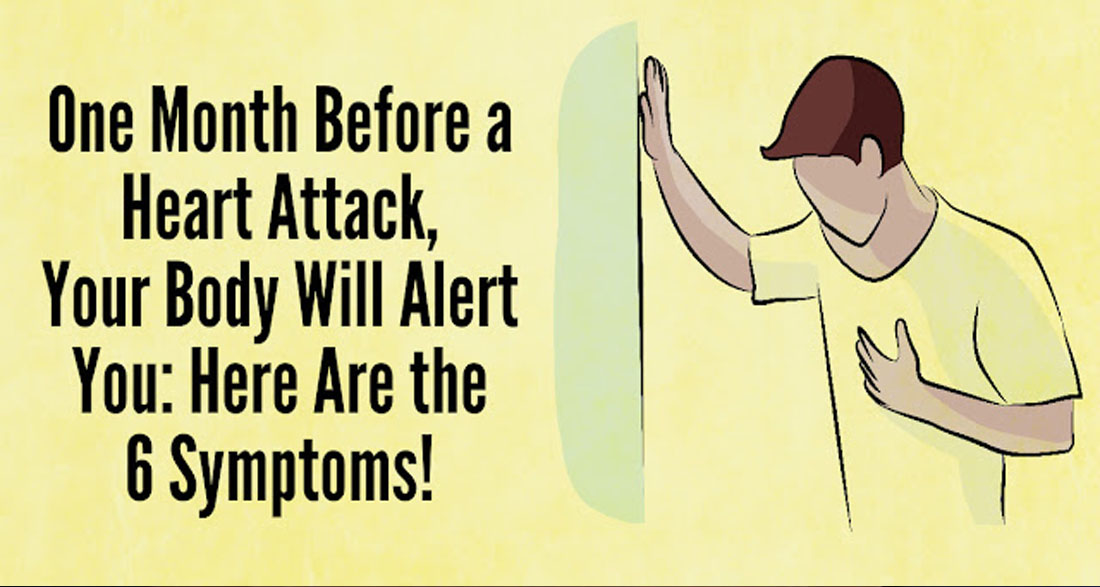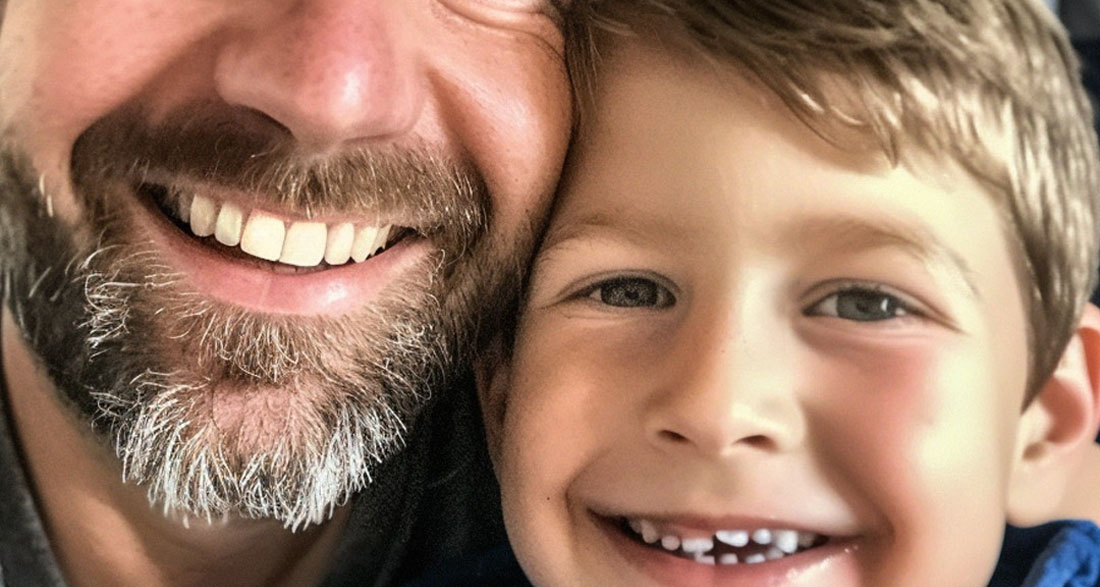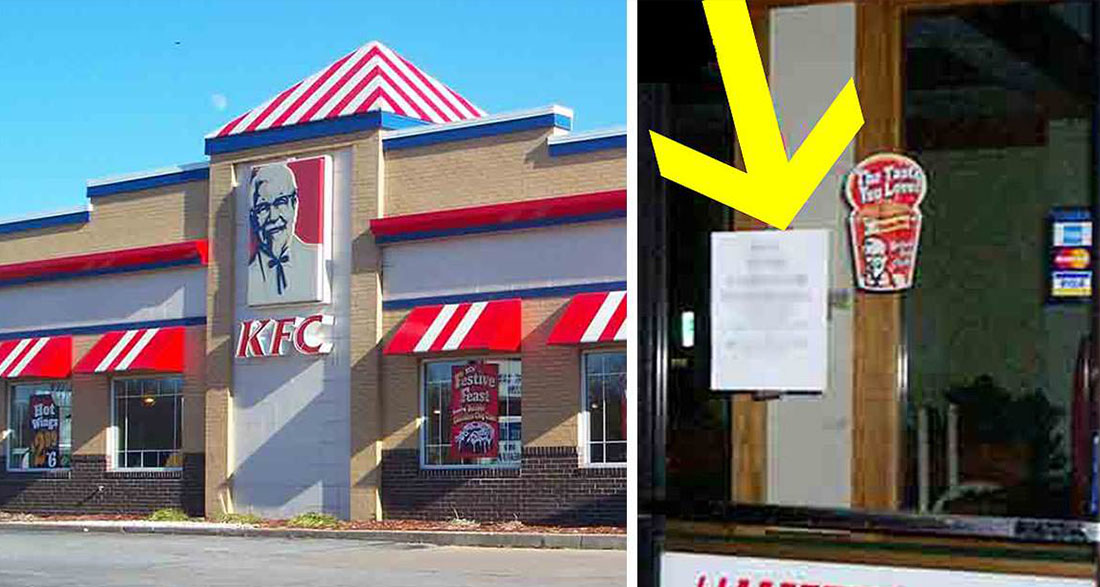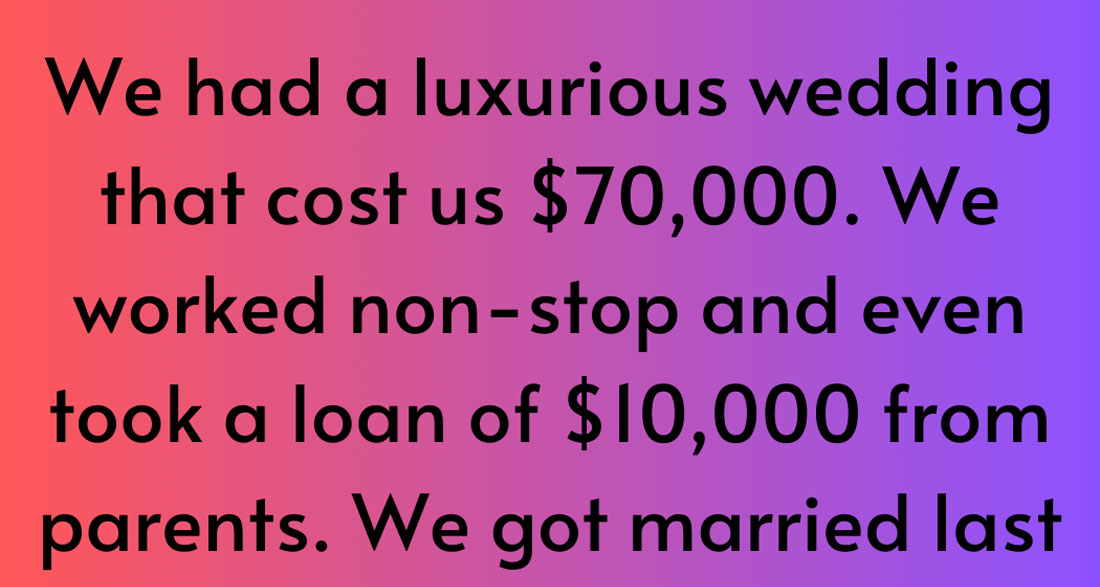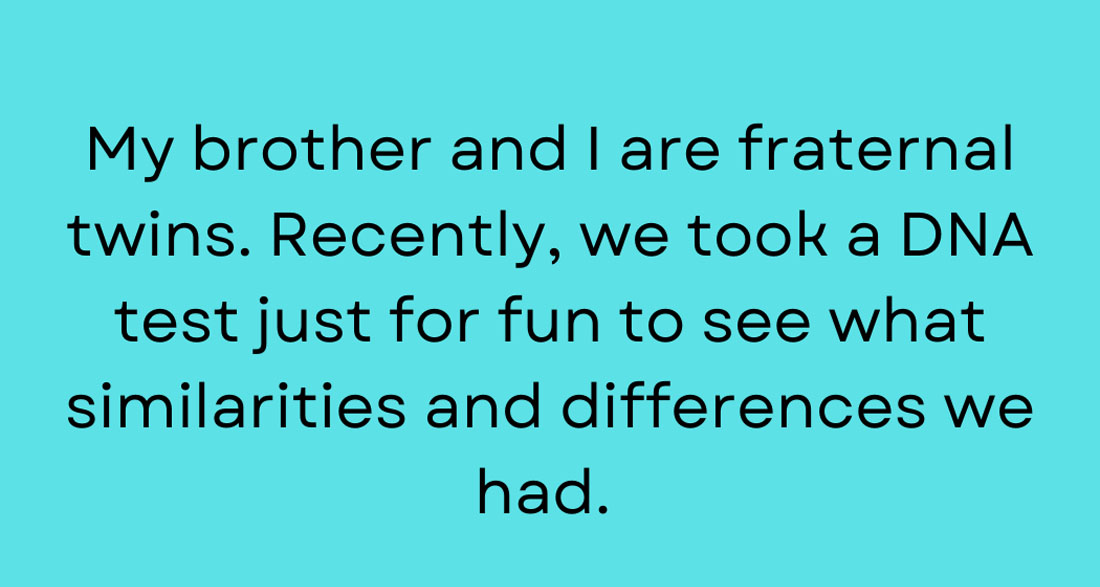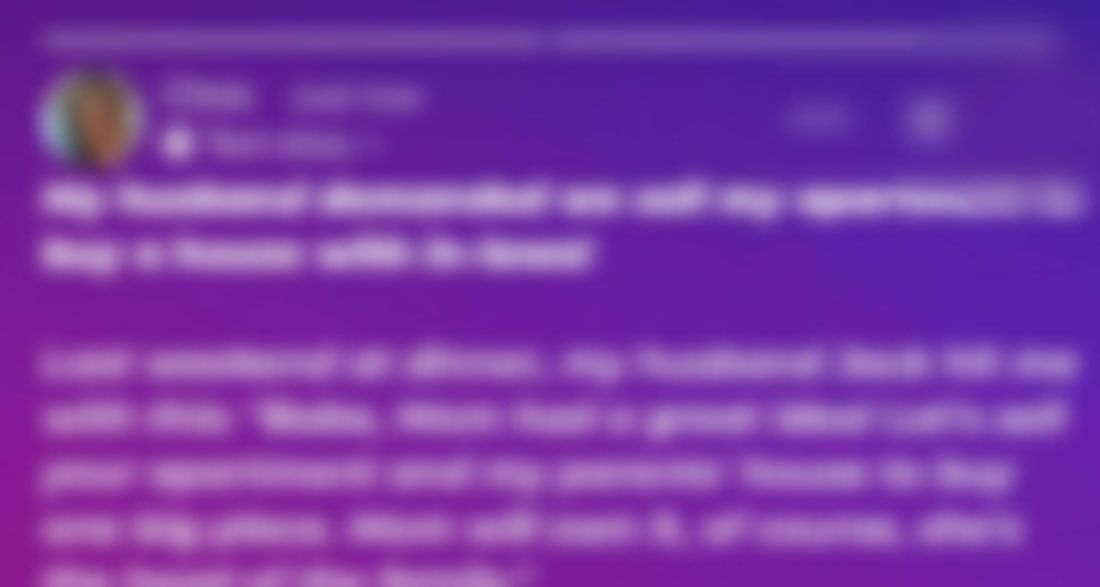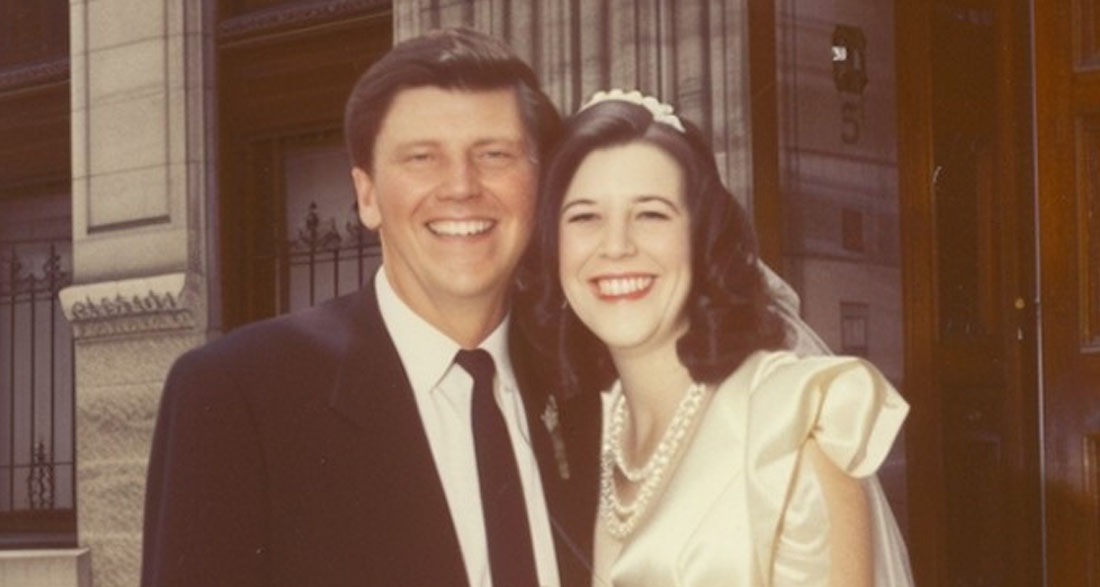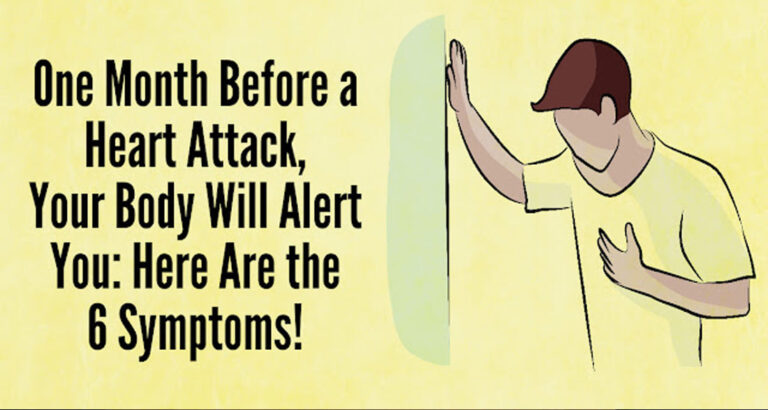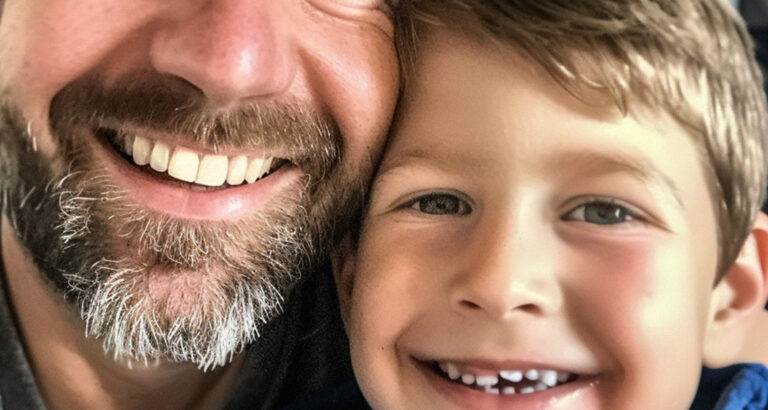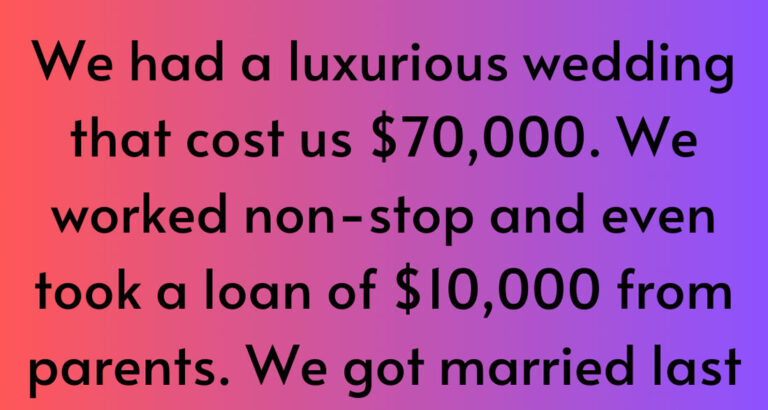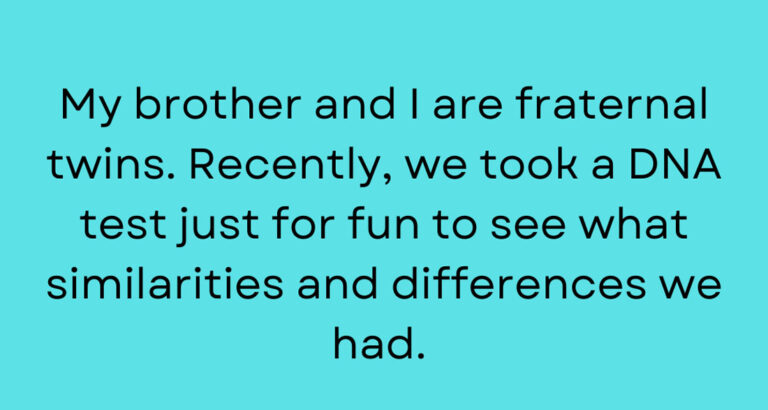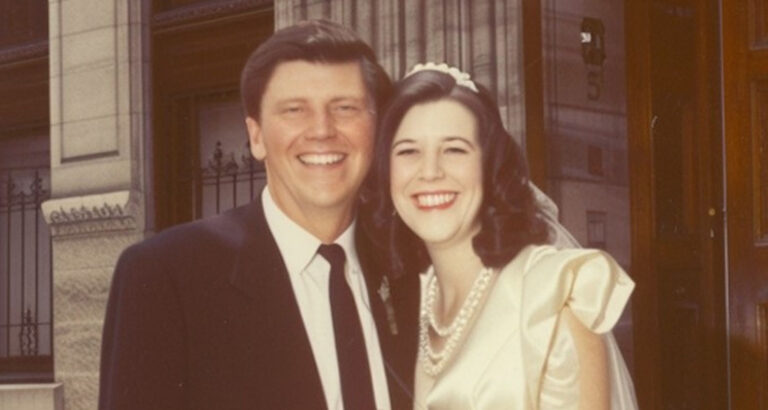Heart Attacks: What You Need to Know and How to Stay Safe
In recent years, heart attacks have become alarmingly common across the globe. They’re now the leading cause of death worldwide. Think about that—more lives are lost to heart attacks than anything else.
Why? The answer lies in the way we live. Stressful routines, unhealthy diets, and little self-care have taken a toll on our health.
But here’s the good news: you can take steps to protect your heart. By adopting a healthier lifestyle, eating better, and managing stress, you can greatly reduce your risk. Even more importantly, learning to recognize the early warning signs can save your life or the life of someone you love.
Did you know that heart attacks often give warning signs as early as a month before they strike? Knowing these symptoms and acting fast could be the difference between life and death.
Let’s break it down. Here are the six key signs to watch out for:
1. Shortness of Breath

Have you ever felt like you just can’t catch your breath? If this happens suddenly or without a clear reason, take it seriously. When your lungs aren’t getting enough oxygen, your heart suffers too. Dr. Emily Carter, a cardiologist, explains:
“Shortness of breath can mean your heart is struggling to pump blood effectively. Don’t ignore it—call your doctor immediately.”
2. Cold or Flu Symptoms
It might surprise you, but many people report cold or flu-like symptoms right before a heart attack. This isn’t the usual sniffles—pay attention to how your body feels. Feverish, chills, or unusual fatigue? Don’t brush it off as just a seasonal bug.
One survivor, Jack L., shared his experience:
“I thought I was coming down with the flu, but something felt different. I felt so weak, and it just wouldn’t go away. Turns out, it was my heart trying to warn me.”
3. Chest Pressure or Pain
This is a big one. Chest pain is a classic warning sign of an impending heart attack. But it’s not always sharp or severe. Sometimes, it feels like pressure, tightness, or a squeezing sensation.
“If you ever feel unusual pain or heaviness in your chest, don’t wait,” advises Dr. Carter. “It’s better to get checked out than to take a chance.”
4. Weakness and Fatigue
Feeling tired is normal after a long day, but constant weakness is not. When your arteries start narrowing, blood flow slows down, and your muscles don’t get enough oxygen or nutrients.
Jessica M., who survived a heart attack at just 42, said:
“I felt weak all the time, like I was dragging myself through each day. I thought I just needed rest, but my doctor told me my heart wasn’t getting enough blood.”
Don’t ignore extreme or unexplained fatigue. It could be your heart signaling for help.
5. Cold Sweats and Dizziness

Do you ever feel lightheaded or break into a cold sweat for no reason? These are major red flags. Poor circulation can prevent your brain from getting enough blood, leading to dizziness or fainting.
“Your body sends signals when something’s wrong. Don’t dismiss sudden sweating or dizziness—it could save your life,” warns Dr. Carter.
6. Persistent Drowsiness
Do you wake up tired no matter how much sleep you get? If this continues for days, it might be a sign of reduced blood flow to the heart. When your heart isn’t working efficiently, your energy levels drop, leaving you feeling drained.
Prevention Is Key
The best way to fight heart attacks is to act before they happen. If you notice any of these warning signs, don’t wait—consult a doctor. Taking action early can prevent heart damage and even save your life.
To lower your risk:
- Eat heart-healthy foods like fruits, vegetables, whole grains, and lean proteins.
- Exercise regularly, even if it’s just a daily walk.
- Find ways to manage stress, such as meditation, hobbies, or talking to loved ones.
“Your heart works tirelessly to keep you alive. The least we can do is take care of it,” says Dr. Carter.
What about you? Have you or someone you know experienced these symptoms? What do you think about the importance of heart health? Share your thoughts in the comments below—we’d love to hear your story.
Let’s spread the word and help others protect their hearts. Because every heartbeat counts. ❤️
What do you think of this version? It’s extended, more engaging, and packed with relatable quotes and examples to keep readers interested.

